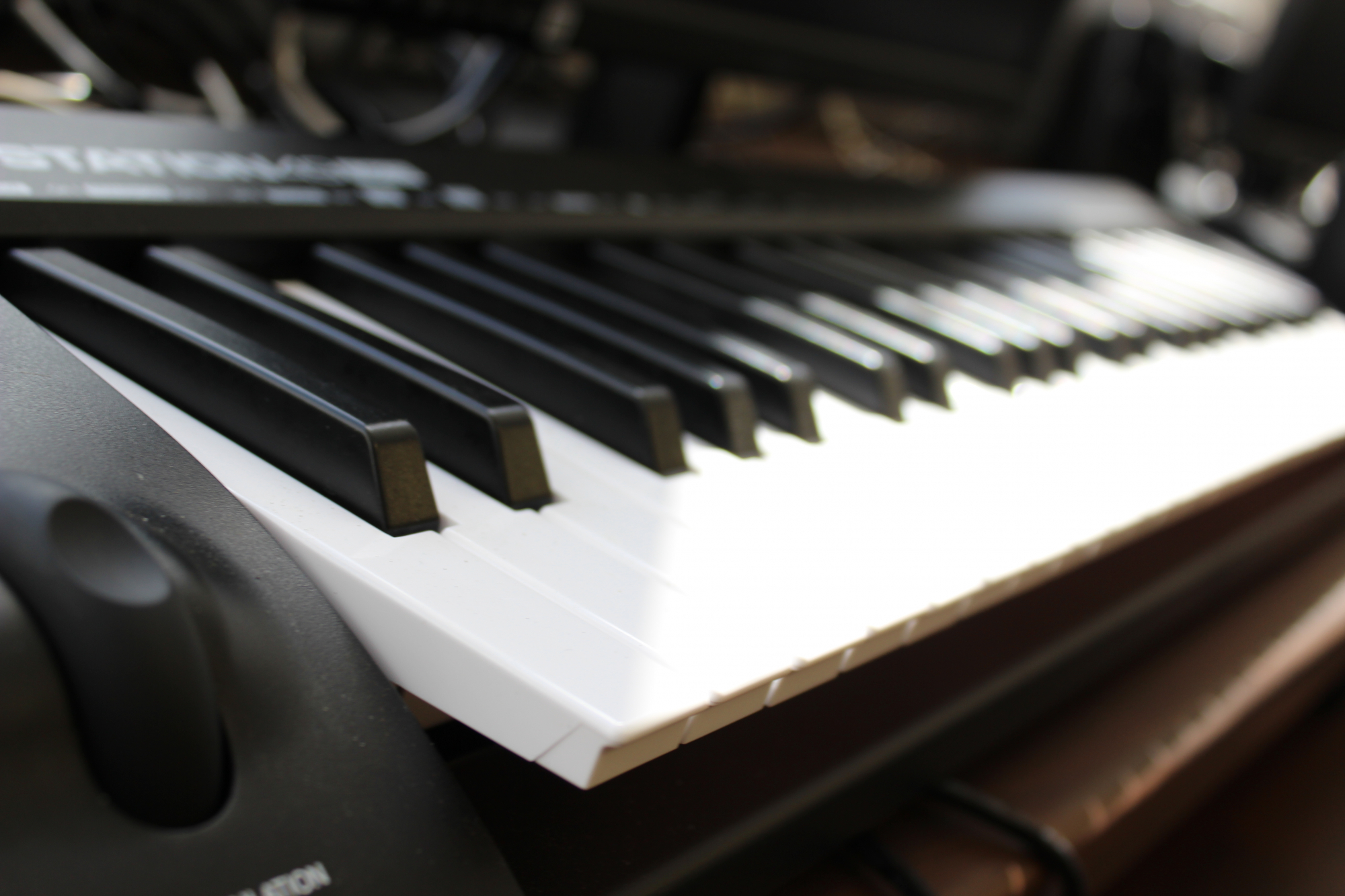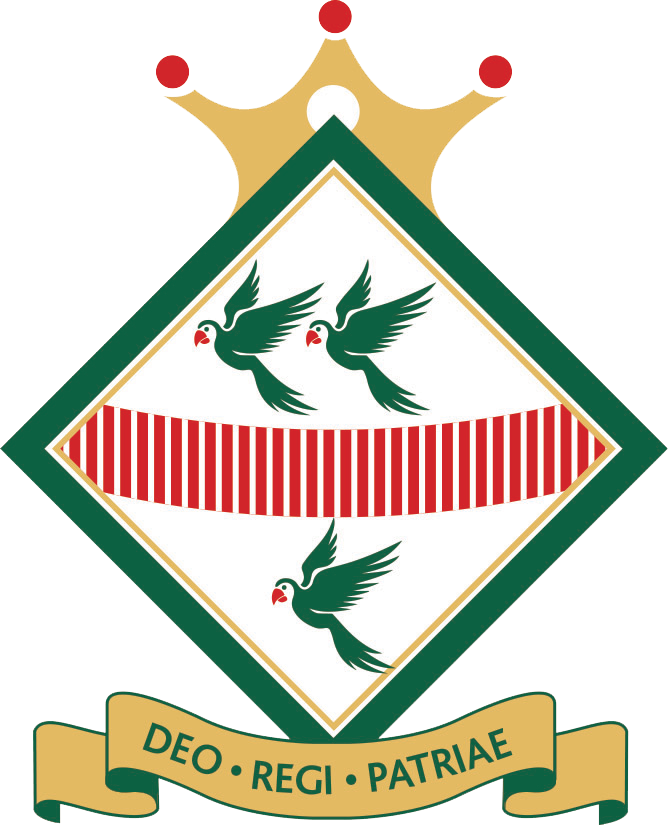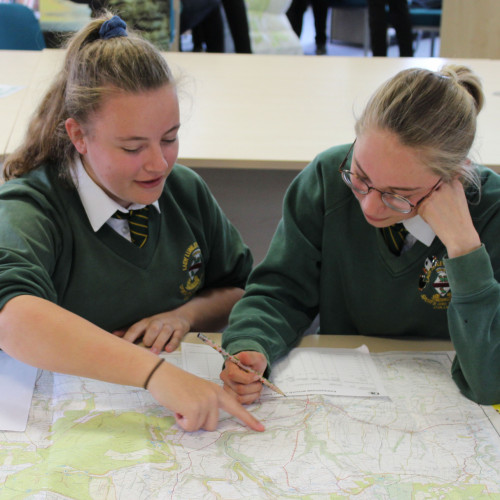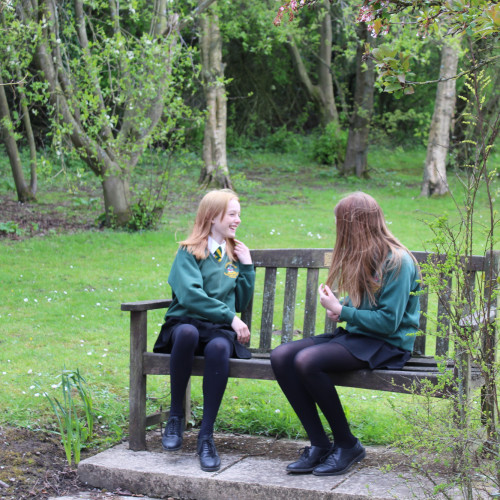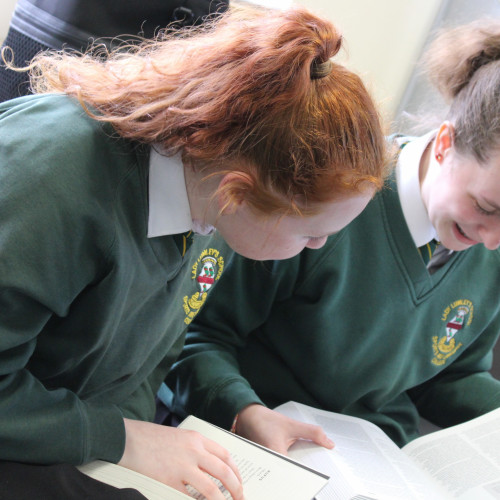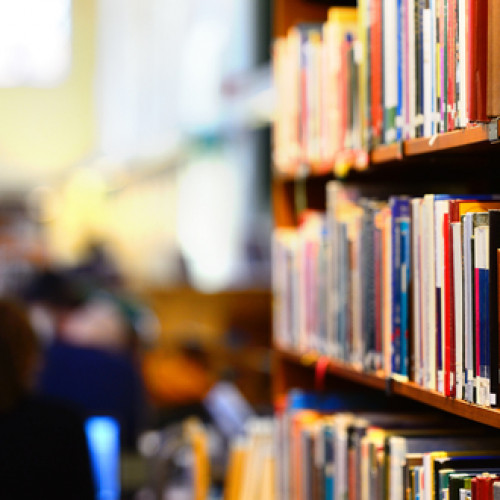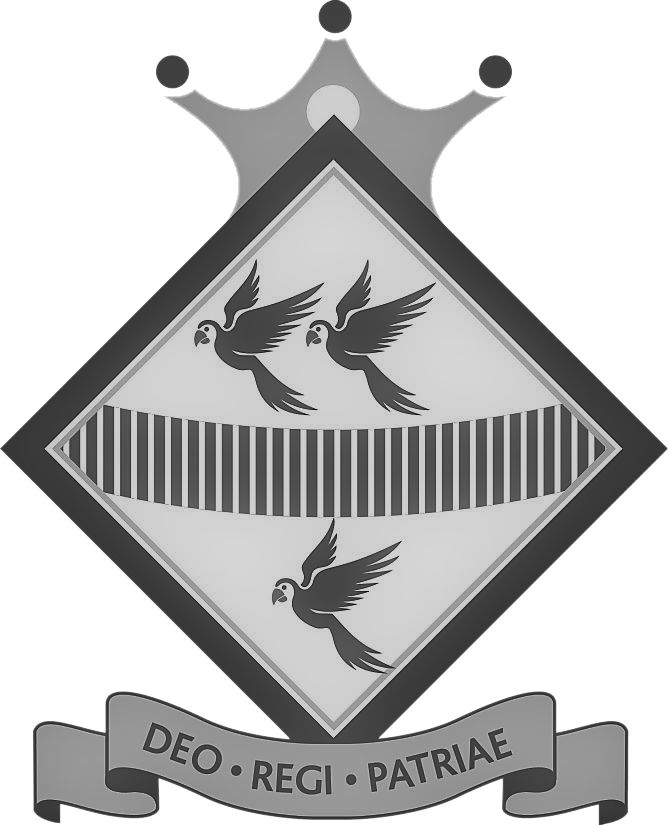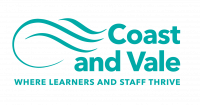Music
Key Stage 3
In Key Stage 3 Music, an enjoyment of and appreciation for music is cultivated. Students are introduced to several performance instruments and vocal skills, primarily focusing on piano skills, but are also offered the opportunity to learn any instrument through the music enrichment and NYCC music lessons programmes. Students learn new musical skills and knowledge through performing, composing (creating their own music), listening and appraising in a wide variety of styles which link skills progressively through the years. The aim of KS3 is to build a love of music and equip students with the life-long skills to enjoy participating in musical opportunities in the wider world.
Year 7 Topics:
A Young Person’s Guide to the Orchestra (Performance on piano, boomwhacker and voice, and listening skills)
Carnival of The Animals (Composition and listening skills)
Don’t Stop Believin’ (Performance on piano and guitar and listening skills)
Year 8 Topics:
All that Jazz (Performance on piano, with voice and on guitar, composition and listening skills)
Musical Eras (Performance on piano and listening skills)
Caribbean Vibes (Ensemble performance on steel drum)
Folk Music (Performance with voice and listening skills)
Year 9 Topics:
Action Film Music (Composition on Music Software and listening skills)
Electronic Dance Music (Composition on Music Software and realisation skills)
My GCSE Instrument (Performance on bass guitar, piano, drum kit and voice)
World Fusion Music and Sport (Performance on piano and Listening skills)
*Pupils who learn an instrument outside of school lessons are encouraged to bring it (where possible) to integrate during lessons and parts are created bespokely for this instrument by the class teacher to complement the topic.
Enrichment
The Music Department offers a wide and varied enrichment programme, with conducted ensembles and groups rehearsing after school. These ensembles perform in concerts and productions held twice a year. Teacher led groups include: Midnight Fusion Band, Voce (Choir), Stringendo String Group, School of Rock, WindStars (NUVO clarinet, saxophone and flute in C) and Music Technology Club. Students can also participate in and organise their own student led groups and rehearse by booking the recording studio practice space on a breaktime.
Useful links:
https://www.bbc.co.uk/bitesize/subjects/zmsvr82
Instruments - Dallas Symphony Orchestra
GCSE Music
Students study the Eduqas board for GCSE Music which builds on the skills learned at KS3, through enrichment ensembles and individual instrumental/vocal lessons. The course is broken into three units:
Performing (30%) Composing (30%) and Appraising (40%).
Students prepare performance work on their instrument and/or voice of choice in a solo and ensemble style throughout Year 10. In addition to their music school lessons, they also receive professional instrumental or vocal tuition on their instrument/voice.
In Year 11, these pieces are recorded and submitted to create the 30% performance portfolio. Students compose two pieces of music, one to an exam board brief and one in a style of their choice, which are also submitted as coursework at Easter of Year 11. In the Appraising unit, students study pieces of music in in a variety of genres including music for ensemble, film music, popular music and musical forms and devices.
This module is assessed by a listening exam in the summer of Year 11.
GCSE Music Specification
www.eduqas.co.uk/qualifications/music-gcse/#tab_keydocuments
Enrichment
The Music Department offers a wide and varied enrichment programme, with conducted ensembles and groups rehearsing after school. These ensembles perform in concerts and productions held twice a year. Teacher led groups include: Midnight Fusion Band, Voce (Choir), Stringendo String Group, School of Rock, WindStars (NUVO clarinet, saxophone and flute in C) and Music Technology Club. Students can also participate in and organise their own student led groups and rehearse by booking the recording studio practice space on a breaktime.
Useful Links
GCSE Music - Eduqas - BBC Bitesize
RSL Subsidiary Diploma for Music Practitioners (Level 3)
Equivalent to 1.5 A Levels in UCAS point
The Diploma for Music Practitioners is a rigorous, advanced technical qualification on a par with A Level and recognised by employers and red-brick universities. This practical Music course equips learners with the professional skills to develop realistic employment opportunities in the music industry and to progress to higher education in any discipline.
Learners choose either the Performance or Technology pathway and will develop industry level skills in:
-rehearsing, leading/conducting and performing effectively on their instrument or voice.
-musicianship skills and an essential skill repertoire focused on their chosen pathway.
-exploring contextual issues relating to modern and historical music style, audience and the music industry.
-understanding and using music technology to a high level.
The qualification is built upon a system of units through which learners accumulate credits. Along with core units, students can choose additional units based on their musical interests and skill set. These additional units can be chosen from across all pathways. A range of teaching and learning styles is used during the course but a large proportion is taught through practical music-making activities and skill-based learning. Higher order thinking is encouraged through discussion, case studies, creative problem solving, and student- led tasks. This course involves written, analytical analysis, practical and creative skills and develops an abundance of essential key skills such as independence in learning, self-discipline in work and practise, working as a team/ensemble, confidence in performance skills, advanced listening skills, time management, organisation and creativity.
Listed below are the Core and Optional units:
|
Type of Module |
Performance Pathway Lady Lumley’s School |
Technology Pathway Lady Lumley’s School |
|
Compulsory |
Rehearsal Skills and Live Music Performance (180GLH) |
Live Sound Recording and Sound Reinforcement (180GLH) |
|
Planning for a career in Music (90GLH) |
Planning for a career in Music (90GLH) |
|
|
Music Arrangement (Orchestration) (30GLH) |
Music Arrangement (Orchestration) (30GLH) |
|
|
Listening to Music (60GLH) |
Listening to Music (60GLH) |
|
|
Leading a Music Making Activity (60 GLH) |
Leading a Music Making Activity (60 GLH) |
|
Optional (to a total of 120 GLH) |
Music Performance to Camera (60GLH) |
Live Performance (90GLH) |
|
Improving Instrumental Performance (60GLH) |
Recorded Performance (60GLH) |
|
|
Composing for Film and Documentary (90GLH) |
Music Performance to Camera (60GLH) |
|
|
Composing for Interactive Media (90GLH) |
Composing for Film and Documentary (90GLH) |
|
|
Composing for Adverts and TV (90GLH) |
Composing for Interactive Media (90GLH) |
|
|
Live Sound Recording (90GLH) |
Composing for Adverts and TV (90GLH) |
|
|
Radio/ Podcast Production (60GLH) |
Radio/ Podcast Production (60GLH) |
|
|
Using a Keyboard with DAW (90GLH) |
Using a Keyboard with DAW (90GLH) |
|
|
Music Stage Management (60GLH) |
Music Stage Management (60GLH) |
|
|
Music Press and Journalism (60GLH) |
Music Press and Journalism (60GLH) |
|
|
Music Improvisation (90GLH) |
Music Improvisation (90GLH) |
|
|
Musical Director (90GLH) |
Musical Director (90GLH) |
|
|
Lighting for Music Events (60GLH) |
Lighting for Music Events (60GLH) |
RSL Awards Music Specification:
Please click here to access.
Enrichment
The Music Department offers a wide and varied enrichment programme, with conducted ensembles and groups rehearsing after school. These ensembles perform in concerts and productions held twice a year. Teacher led groups include: Midnight Fusion Band, Voce (Choir), Stringendo String Group, School of Rock, WindStars (NUVO clarinet, saxophone and flute in C) and Music Technology Club.
Students can also participate in and organise their own student led groups and rehearse by booking the recording studio practice space on a breaktime. Post-16 students will be expected to have a dynamic involvement in the management, running of and participation in enrichment activities.
